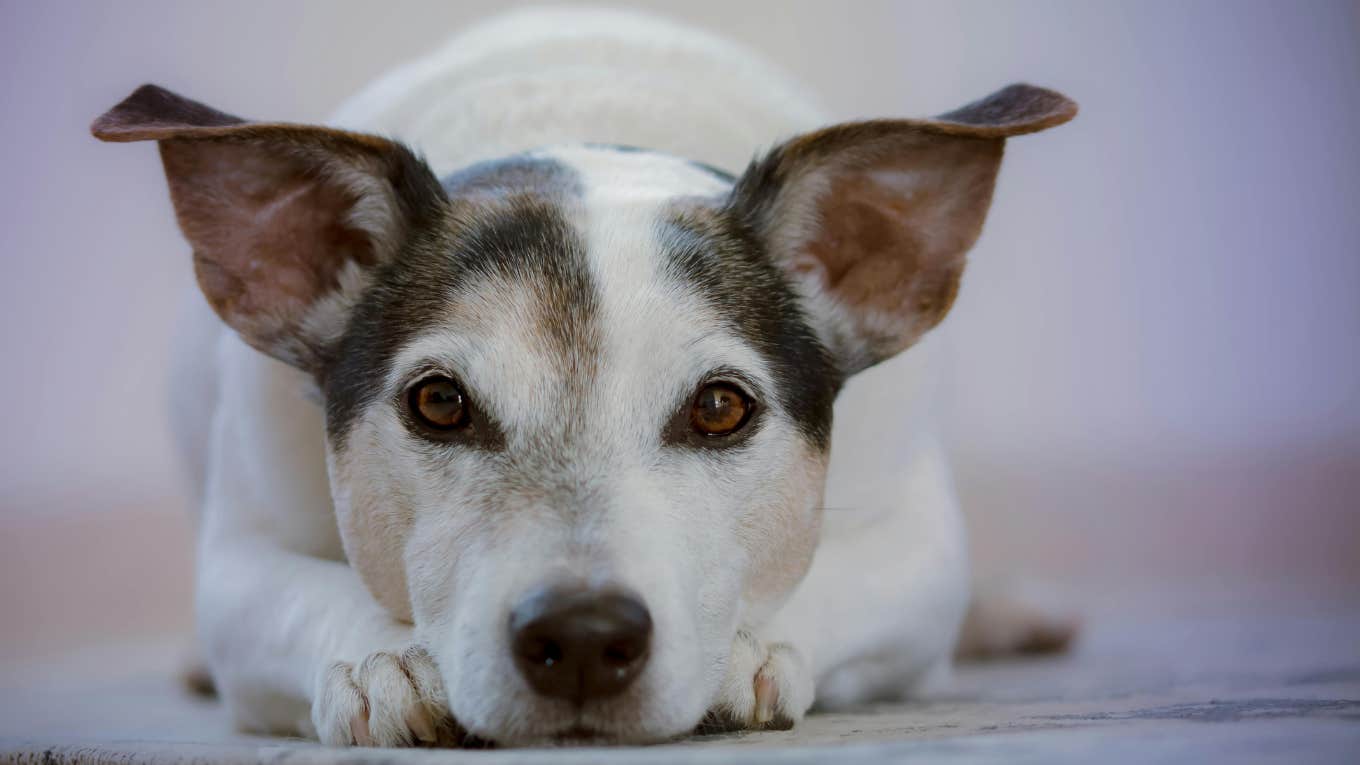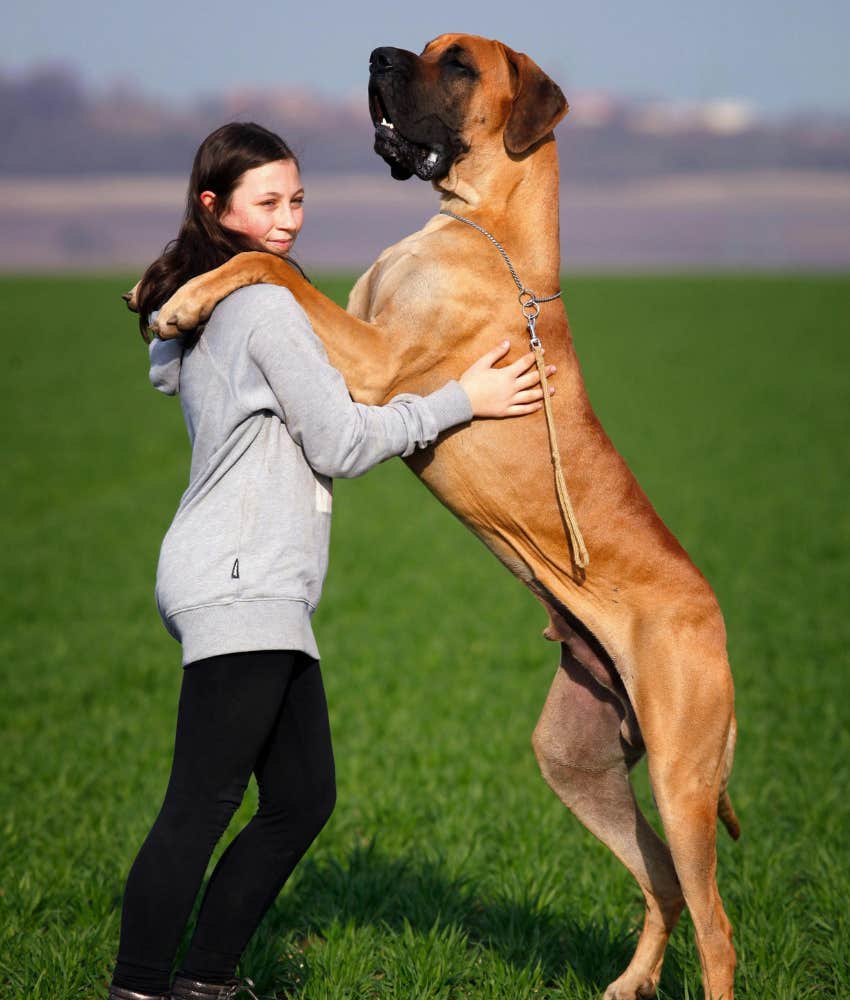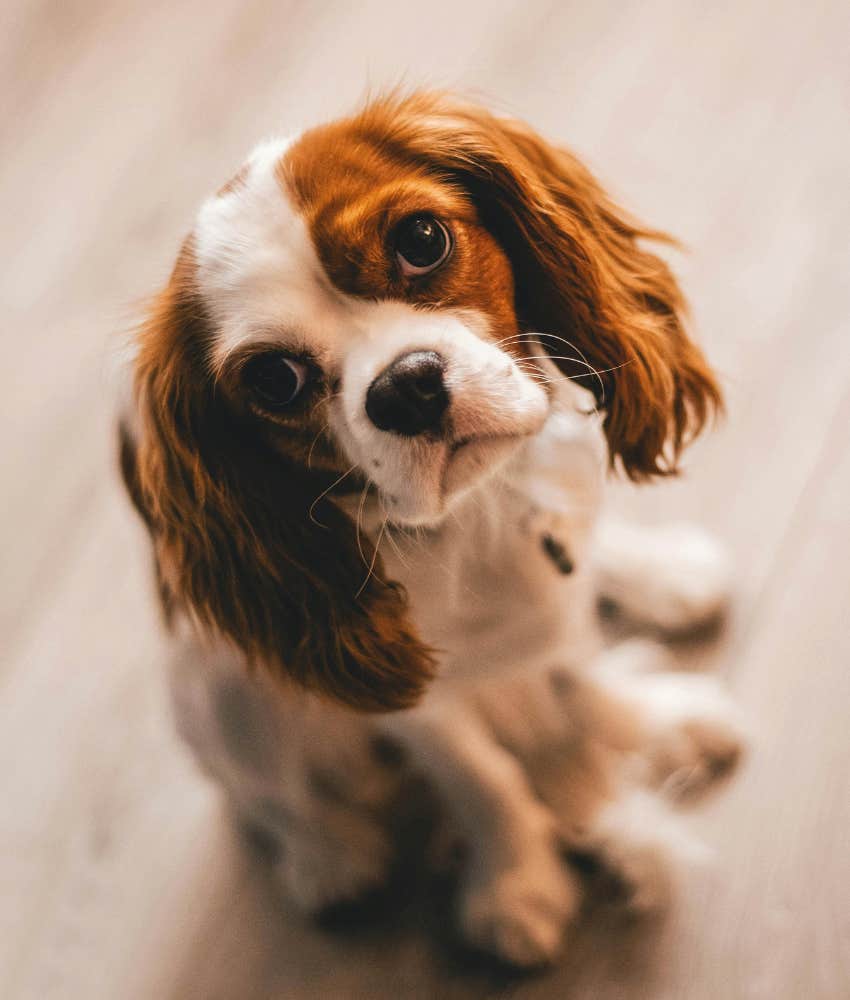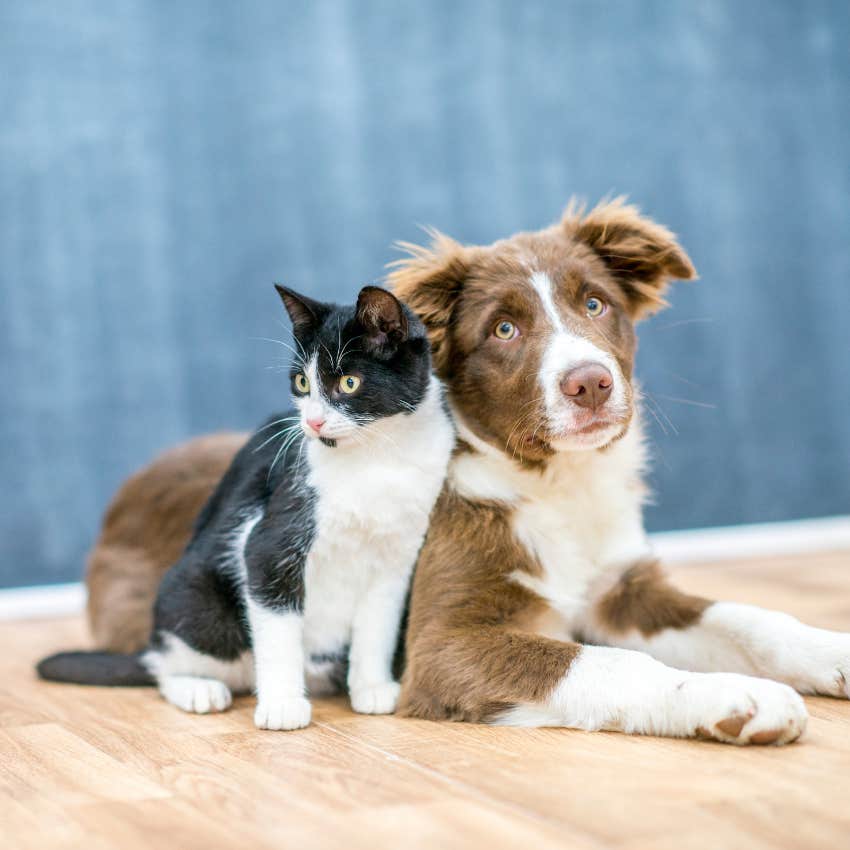Dog Trainer Shares 5 Things That Will Not Cure Your Pup's Separation Anxiety
Loving them helps them feel safe.
 Ylanite Koppens / Pexels
Ylanite Koppens / Pexels If you’ve ever been the person to an anxious pup, you know how taxing that can be, for both you and your furry friend. It’s easy to cast blame on certain behaviors as causing that anxiety when, in reality, the reasons are deep-seated fear and not what you’ve done wrong.
It can be equally hard to help your dog overcome their separation anxiety, but luckily, there are trained professionals who can help.
Alyssa Broughton is a dog trainer specializing in separation anxiety. She works with pups and their people to help alleviate their anxiety.
The dog trainer shared 5 things that won’t actually cure your pup’s separation anxiety
1. Crate training
Broughton explained that, oftentimes, dogs with separation anxiety also have confinement anxiety, which means they get anxious when they feel trapped. This means that crating an anxious dog can make their anxiety even worse.
She also shared that even if your dog doesn’t have confinement anxiety, putting them in a crate isn’t likely to help them feel less anxious or any better about being left alone.
2. Withholding affection
Giving your dog love and even spoiling them didn’t cause their separation anxiety, so doing the opposite won’t cure them of it.
 Photo: Pixabay / Pexels
Photo: Pixabay / Pexels
Our dogs need to feel your love because that’s what makes them feel safe and cared for.
3. Obedience training
“This is not an obedience issue,” Broughton said. “Your dog is not misbehaving. They’re not being [bad]. They are having a panic attack.” According to Broughton, “Obedience doesn’t help with underlying anxieties and fears.”
When a dog has separation anxiety, there are certain traits they will exhibit to let you know just how anxious they’re feeling. These traits include whining, barking, and howling.
Separation anxiety can also show itself through physical behavior beyond vocalization. If your dog is destructive when you leave them alone, or if they have house-training accidents, they might be experiencing anxiety.
Panting and pacing, drooling, trying to escape, and self-harm can also be signs of separation anxiety.
4. Punishment
When your dog exhibits separation anxiety, it comes from “really deep fear and anxiety.”
 Photo: Steshka Willems / Pexels
Photo: Steshka Willems / Pexels
“There is no situation in which punishing fear and anxiety helps your dog to overcome it,” Broughton explained.
5. Keeping them off the furniture
Broughton likened not allowing your pup to lounge on the couch or to sleep in bed beside you to withholding affection, saying, “These things do not cause separation anxiety... and so withholding them or taking them away will not help your dog overcome separation anxiety.”
“Separation anxiety is a long, difficult process,” she explained. “If one of these strategies worked for you, that’s really great, but my aim is to help people overcome separation anxiety as quickly and efficiently as possible, so I don’t want them wasting their time on solutions that, on the whole, typically don’t work.”
Broughton shared training tips that are much more successful in treating separation anxiety.
In a separate post, Broughton shared her preferred techniques for helping dogs with separation anxiety feel better about being left alone.
One tactic she has dog owners try is desensitization, which she explained as, “repeated exposure to something that your dog is afraid of, at a level that does not elicit fear." The intent is that this repetition, "will decrease that fear response over time.”
She also recommended that people work to meet their dogs’ needs, including sufficient exercise and mental enrichment, to help them be their best doggo selves for training.
“Just like we are not our best selves, we’re not in the best place to learn or tolerate stress when we haven’t had enough exercise, or we’re hungry or haven’t had enough social interaction, our dogs are the same way,” she said.
 Photo: FatCamera / Canva Pro
Photo: FatCamera / Canva Pro
Broughton also shared the importance of having a strong support network, as healing a pup’s separation anxiety can be a long, difficult journey.
“It’s not a fast process, there are no quick fixes or magic wands,” she said. “The more that you actually reach out for help, whether it’s from a trainer or the people in your community… The easier this process is going to be on you.”
She emphasized that separation anxiety is “a very individual process,” and the variables to solve it will be specific to your particular pup.
Alexandra Blogier is a writer on YourTango's news and entertainment team. She covers social issues, pop culture, and all things to do with the entertainment industry.

